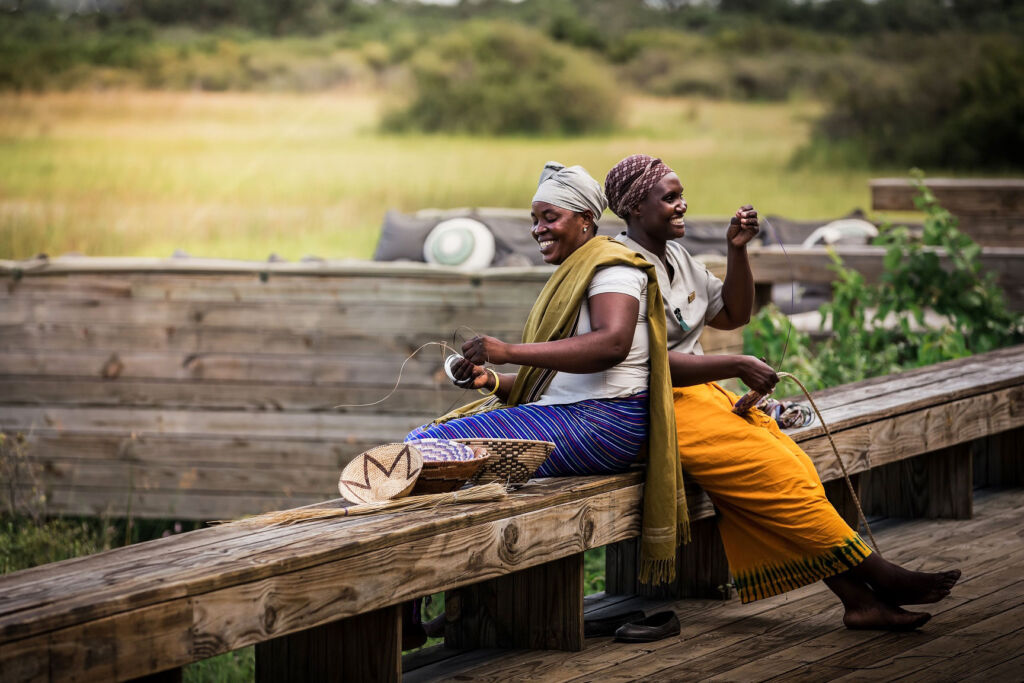
Coinciding with its celebration of pioneering four decades of conservation tourism across the continent, Wilderness is introducing its enhanced impact strategy, which focuses on building conservation economies – collaborative ecosystems that empower local communities, educate children, and protect humans and wildlife from threats to their shared existence.
“This is nothing new to us – for 40 years, we have been committed to increasing the world’s wilderness together. Since starting out in the Okavango Delta in 1983, we’ve taken our responsibility to protect wild places seriously, never losing sight of the fact that there would be no Wilderness without the wilderness that we help to protect through high-value, low-impact conservation tourism”, said Vince Shacks, Wilderness Group Impact Manager.
Today, Wilderness helps protect 2.3 million hectares of land, and its vision is to double this by 2030 and then double it again. In order to channel its conservation and hospitality business as a force for lasting, positive change, Wilderness has introduced a new impact strategy focusing on three key pillars: Educate, Empower, and Protect.
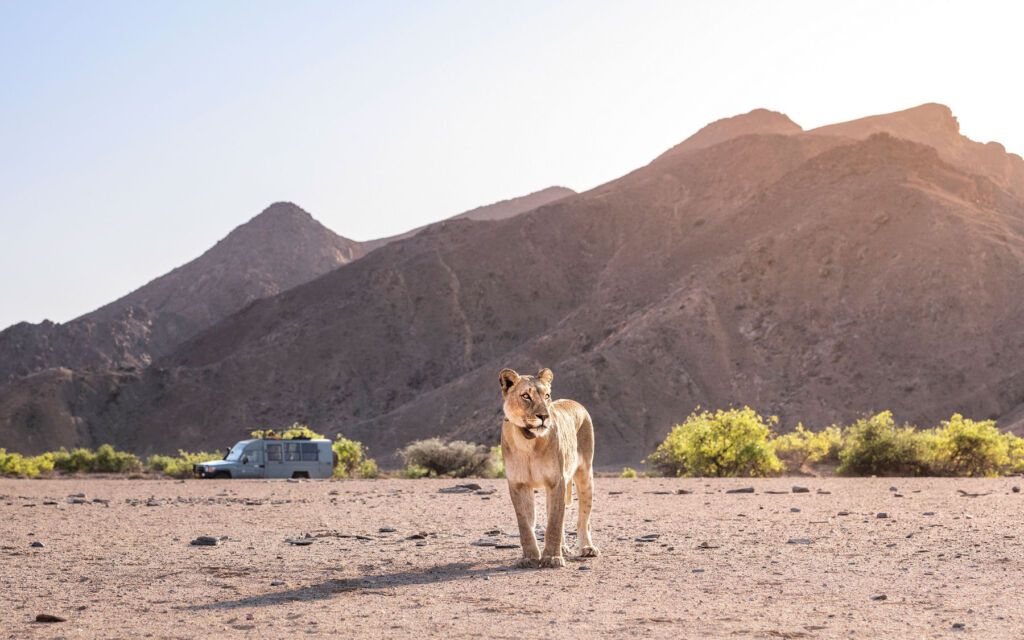
This impact strategy recognises that Wilderness’ influence stretches over a number of spheres, which start from our camps and concessions and expand to larger regions and entire countries – and hopefully, through new carbon sequestration initiatives, to have a global impact.
Wilderness has also adopted its own Theory of Change framework to measure the results from its impact efforts, ensuring that it is always working towards meaningful and intentional outcomes. This framework also allows Wilderness to modify and adapt approaches as it learns more about these results.
“Our impact strategy aims to make us more effective as a conservation and development partner but also more efficient as a conservation tourism operator”, Vince added. “Guided by this strategy, we make better, more intentional decisions about where to channel funding for conservation and development projects.
Our focus is on getting results and ensuring that we are actually moving the needle on some of the environmental problems we’ve identified. We want to be talking less about what we’re doing and more about the results we’re having”, added Vince.
Earth’s extraordinary biodiversity is in a state of crisis, and species are disappearing faster than ever in human history. Wilderness believes it has a responsibility to act to ensure that transformative travel fuels a positive impact to improve lives and help protect the world’s wildest places.
“Our work alone isn’t enough. Operating within the private sector gives us the privilege of being able to collaborate with others, and over the years, Wilderness has built up an excellent foundation of strong conservation and development partners”.
This collaborative approach taken by Wilderness is crucial to building even more meaningful partnerships that create a network of positive forces to maximise impact. Its partners include small-scale and subsistence farmers, local entrepreneurs, governments, schools, businesses and NGOs.
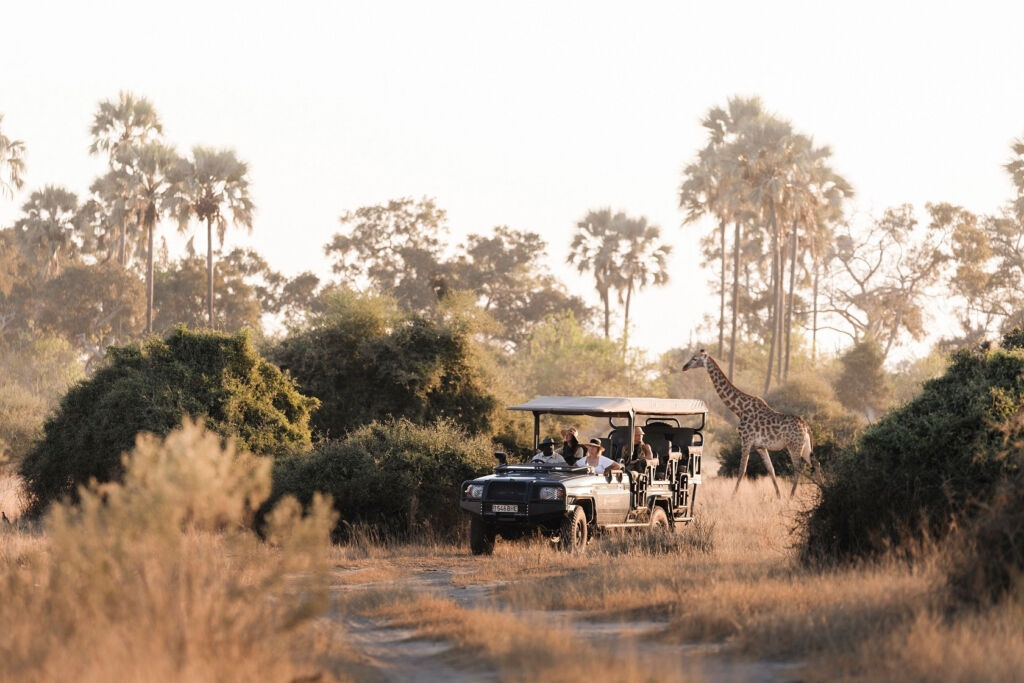
The conservation tourism sector has become a significant partner for many national governments that need to tackle the dual crisis of climate change and biodiversity loss. Tourism is the most significant contributor to the wildlife economy in many of the most sensitive and biodiverse regions of Africa.
“Our model is environmentally and financially sustainable; it creates jobs and skills development and provides long-term commitments to the people and governments that it partners with. Our impact strategy now refines the way we are doing things. We are intentional about our efforts in order even more sharply to focus on results”, Vince concluded.
About Wilderness
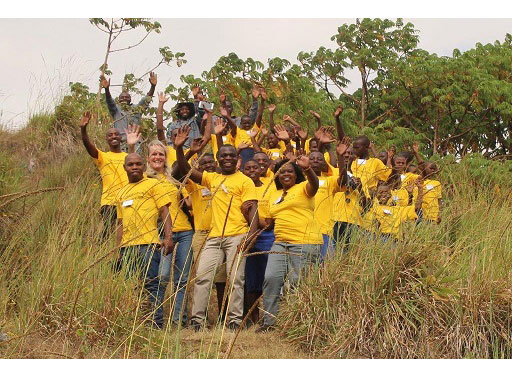 Wilderness is a world-leading conservation and hospitality company which provides exclusive adventures that positively impact conservation and communities.
Wilderness is a world-leading conservation and hospitality company which provides exclusive adventures that positively impact conservation and communities.
Operating in eight countries, with more than 60 exceptional camps and lodges, Wilderness helps protect some 2.3 million hectares (6 million acres) of exclusive wilderness. Its goal – to double that by 2030.
Wilderness has been creating impactful journeys for four decades, with its beginnings in Botswana in 1983.
Wilderness’ purpose today is stronger than ever: To increase the world’s wilderness together. You can learn more at www.wildernessdestinations.com.
Read more hospitality news and features here.
![]()

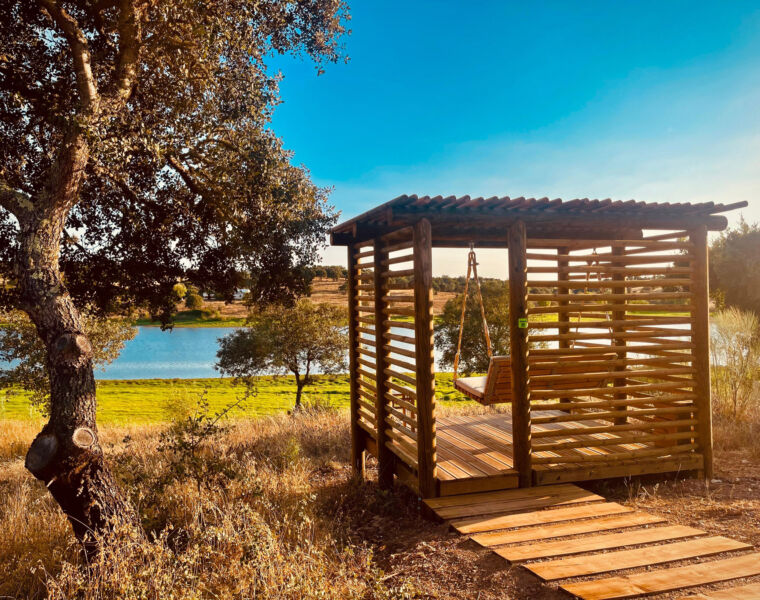


You must be logged in to post a comment.